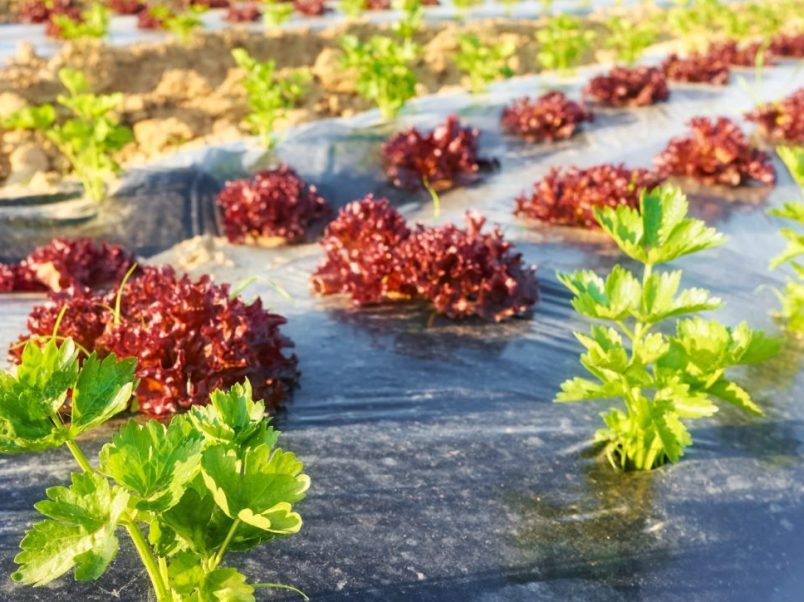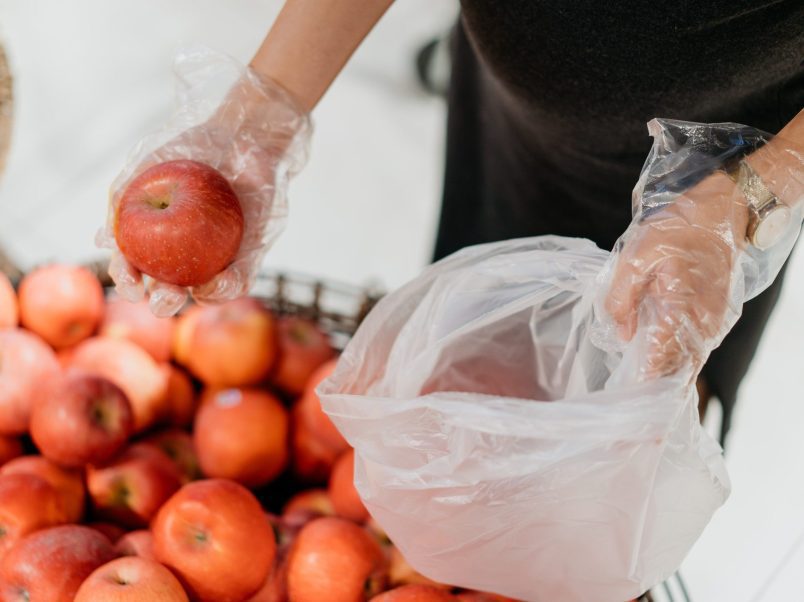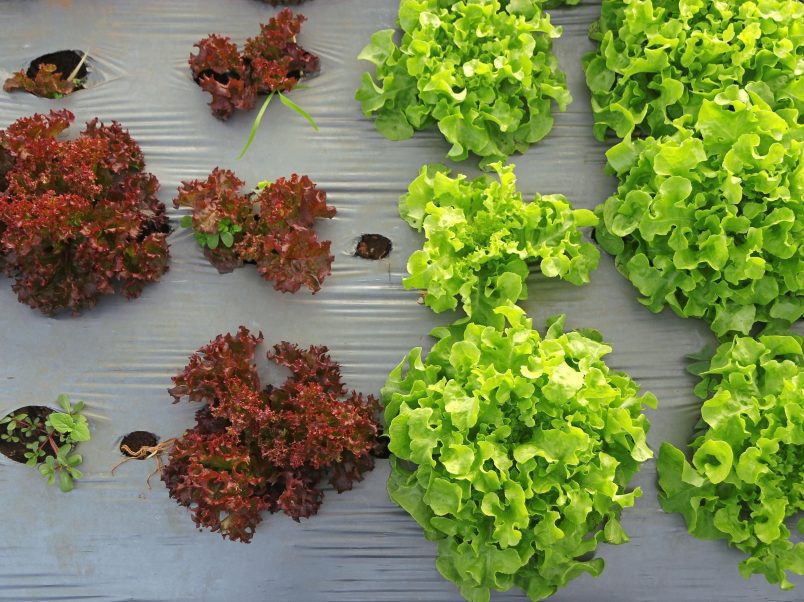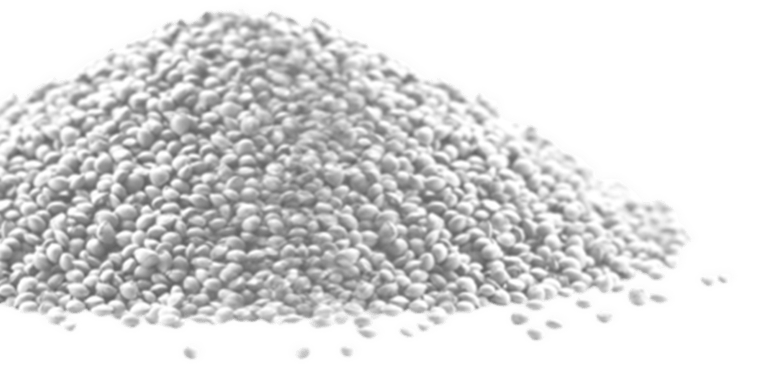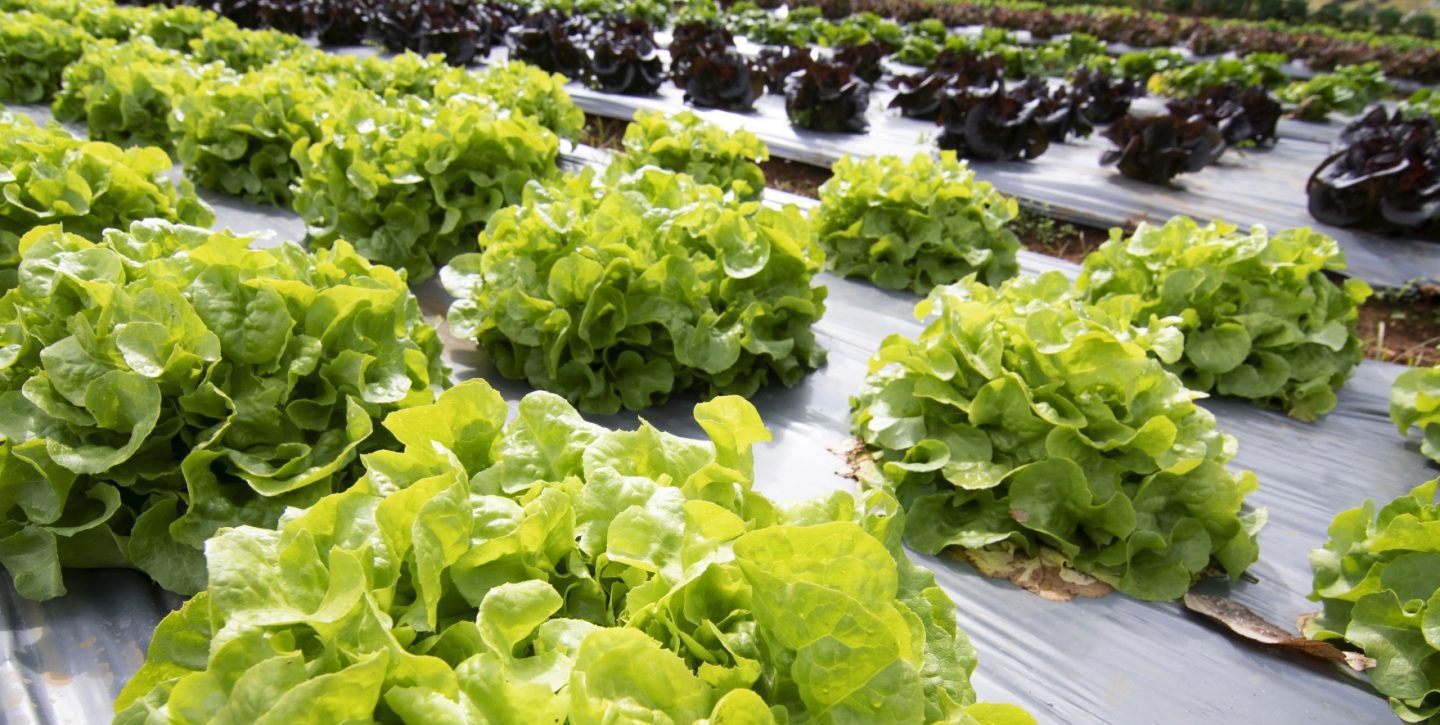
Biodegradable mulch film from bioplastics for agriculture
Mulch films made from biodegradable plastics are an economical and ecological alternative to conventional agricultural films
We are happy to help.
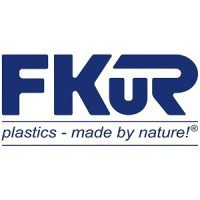
Sales team
Biodegradable mulch film: earlier, higher-quality harvests and improved crop growth
Crops are planted or directly sown through the holes punched in black or transparent plastic films, known as mulch films. The use of film positively impacts a number of factors which determine crop growth, and enables numerous kinds of vegetables to be grown more effectively. Earlier harvests, higher yields and better quality can be achieved for many vegetables.
The films also enable the loss of moisture from the soil to be significantly reduced. The ground therefore remains damp, leading to lower costs for additional watering. Field trials have shown that the vegetable harvest is almost twice as high compared to a method without agricultural films.
Black and black/white mulch films also prevent accompanying flora and suppress weed growth. The mulch film offers protection against rain, ensuring that valuable agrochemicals and fertilisers are not washed away. The soil also remains loose and is not compacted due to a loss of moisture.
Biodegradable mulch films from Bio-Flex® for efficient and sustainable agriculture
Biodegradable mulch films made from Bio-Flex® lead to more agricultural efficiency and better soil: they are easy to lay, promote seedling growth and at the same time prevent the growth of weeds without the need for chemical agents. When protecting the plants on the field surface, the film does not biodegrade too quickly, thanks to the good moisture resistance of Bio-Flex®. Films of the same thickness made from our starch compound Ceroflex® biodegrade more quickly because they are somewhat more sensitive to moisture. The film still performs its protective function to the full.
Cost savings with biodegradable mulch film made from bioplastics
After the harvest, the film does not need to be cleared from the field and disposed of. This saves labour, time and costs. Because the plastic is biodegradable, the films can be simply ploughed back into the earth with the crop residues, where they degrade fully into CO2, water and biomass without leaving any harmful substances in the soil. Depending on the type, Bio-Flex® and Ceroflex® are certified as plastic granulates which can be composted industrially or in the home in accordance with European standard EN 13432. Bio-Flex® FX 1135 has been certified as “OK biodegradable Soil” by TÜV Austria.
Processing biodegradable mulch films on existing PE film extrusion lines
The process capability of our bioplastics and the products made from them are of paramount importance to us. Therefore, Bio-Flex® can be processed with excellent results on existing blow moulding lines for PE. Mulch films made from our degradable bioplastic permit particularly smooth machining and equalising. Film gauge equalising can be carried out easily with conventional film gauge equalising equipment.
Weed control films from bio-based Green PE for long-term ground cove
A film made from bioplastic can also be used to suppress weeds over the long term. Green PE, which is produced on the basis of sugar cane, is suitable for these scenarios, because Green PE is the mineral-oil-free version of conventional polyethylene. This does not degrade and can remain in the soil for years. The recycling of Green PE is equivalent to that of conventional polyethylene. This means that after use, the film – like mineral-oil-based PE films – can be disposed of via existing recycling systems.
Green PE has an excellent properties profile and good processability. The bio-based Green PE enables high material quality to be combined with sustainability and recyclability.
Find out more about our bioplastics for mulch films in our brochure or take a look at the data sheets.

